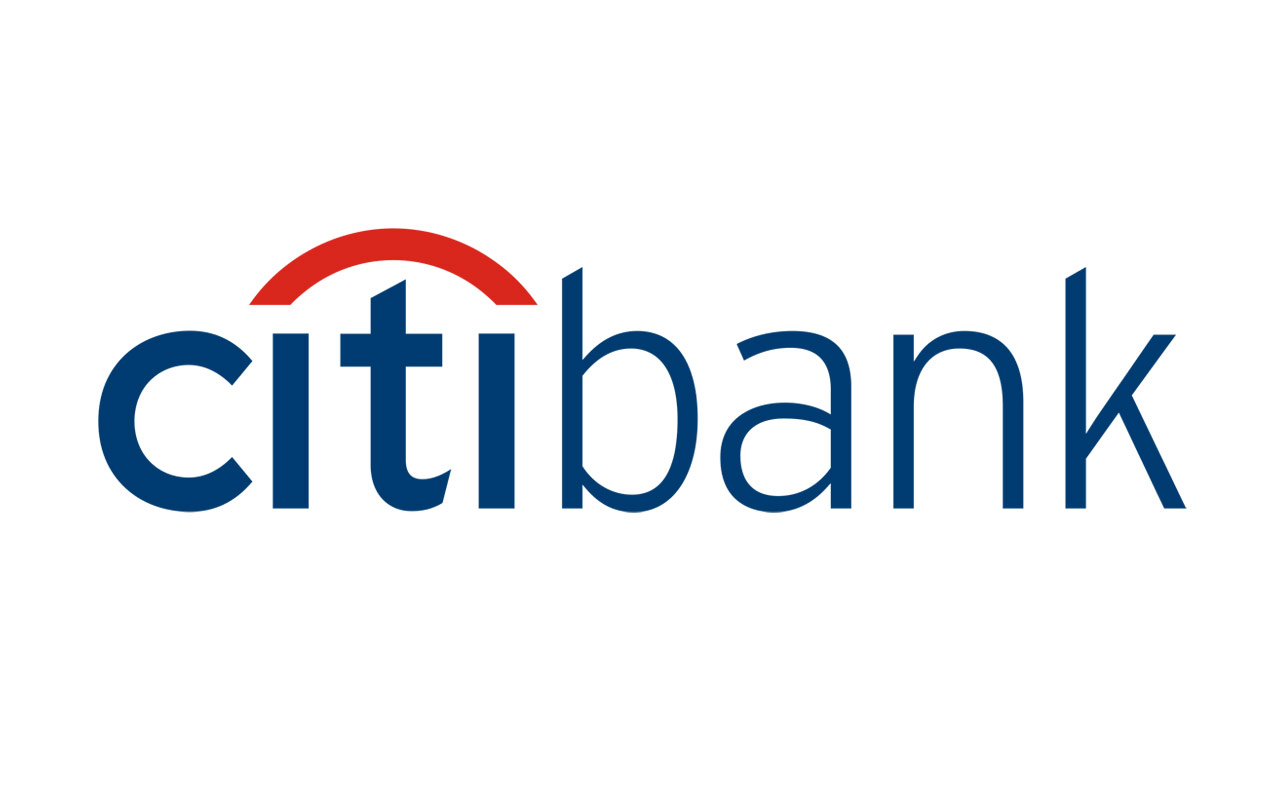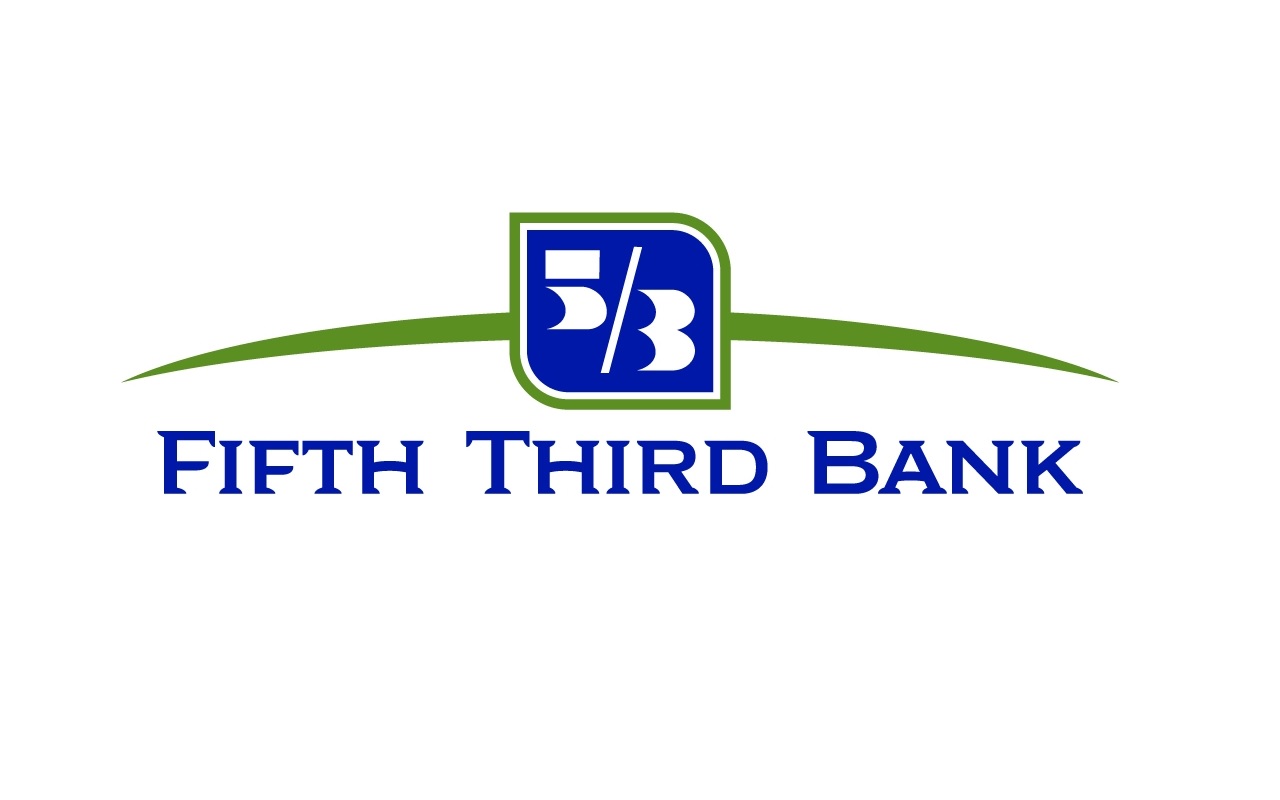Best Banks for High-Net-Worth Families, 2018
These are the best financial institutions for high-net-worth families in 2018


Profit and prosper with the best of Kiplinger's advice on investing, taxes, retirement, personal finance and much more. Delivered daily. Enter your email in the box and click Sign Me Up.
You are now subscribed
Your newsletter sign-up was successful
Want to add more newsletters?

Delivered daily
Kiplinger Today
Profit and prosper with the best of Kiplinger's advice on investing, taxes, retirement, personal finance and much more delivered daily. Smart money moves start here.

Sent five days a week
Kiplinger A Step Ahead
Get practical help to make better financial decisions in your everyday life, from spending to savings on top deals.

Delivered daily
Kiplinger Closing Bell
Get today's biggest financial and investing headlines delivered to your inbox every day the U.S. stock market is open.

Sent twice a week
Kiplinger Adviser Intel
Financial pros across the country share best practices and fresh tactics to preserve and grow your wealth.

Delivered weekly
Kiplinger Tax Tips
Trim your federal and state tax bills with practical tax-planning and tax-cutting strategies.

Sent twice a week
Kiplinger Retirement Tips
Your twice-a-week guide to planning and enjoying a financially secure and richly rewarding retirement

Sent bimonthly.
Kiplinger Adviser Angle
Insights for advisers, wealth managers and other financial professionals.

Sent twice a week
Kiplinger Investing Weekly
Your twice-a-week roundup of promising stocks, funds, companies and industries you should consider, ones you should avoid, and why.

Sent weekly for six weeks
Kiplinger Invest for Retirement
Your step-by-step six-part series on how to invest for retirement, from devising a successful strategy to exactly which investments to choose.
Banks are eager to lure customers who tuck away considerable sums in deposit and investment accounts.
Clients who hold big balances with these banks are rewarded with lots of fee breaks, higher yields on savings, lower rates on loans and financial-planning assistance.
Here's a look at our top bank picks for high-net-worth families.
All rates as of June 22, 2018.

BEST: Citibank
With a global footprint and a premium account package that's loaded with perks, Citibank shines for customers who can maintain high balances. The Citigold package requires a minimum combined balance of $200,000 in eligible Citi deposit, retirement and investment accounts. Citigold members get unlimited reimbursement of out-of-network ATM fees that other institutions charge, both in the U.S. and abroad; free standard checks, stop payments, incoming wire transfers, money orders and transfers from other accounts to cover overdrafts; discounted commissions on online stock trades ($4.95 each) and a waived annual fee on linked investment accounts; and preferred rates on loans and deposit accounts.
If you travel or do business internationally, you'll have access to more than 1,700 overseas branches, you'll pay no foreign-transaction fees on debit card transactions, you can arrange no-fee transfers from your Citi account to a Citi account abroad, and you can get free next-day delivery of foreign currencies to your home, office or a nearby Citi branch. Citigold clients work with a dedicated financial adviser and get access to special events, such as market-outlook seminars and private dining, sporting, concert and cultural events.

RUNNER-UP: Fifth Third Bank
We consider Fifth Third a regional bank, but it covers a decent swath of the country, with more than 1,200 full-service branches in 10 states. And for affluent customers, the Preferred Program is appealing. A $100,000 combined balance in investing and deposit accounts lets you avoid the program's $25 monthly fee and qualifies you for the Preferred Checking account.
Among the program's perks are free standard checks, notary services, money orders and cashier's checks; a free or discounted safe-deposit box (depending on size); reimbursement of up to 10 out-of-network ATM surcharges monthly; preferred interest rates on savings products and loans; and discounts on online investment trades.
Plus, Preferred members can get free identity-theft services, including daily monitoring of your credit report from one credit bureau, monthly credit reports from all three bureaus, and monitoring of your Social Security number on the dark web. The package also comes with investing guidance from financial advisers.

The Best Banks and Credit Unions for You, 2018
These stellar banks and credit unions are making all the right moves to win satisfied customers:
Profit and prosper with the best of Kiplinger's advice on investing, taxes, retirement, personal finance and much more. Delivered daily. Enter your email in the box and click Sign Me Up.

Lisa has been the editor of Kiplinger Personal Finance since June 2023. Previously, she spent more than a decade reporting and writing for the magazine on a variety of topics, including credit, banking and retirement. She has shared her expertise as a guest on the Today Show, CNN, Fox, NPR, Cheddar and many other media outlets around the nation. Lisa graduated from Ball State University and received the school’s “Graduate of the Last Decade” award in 2014. A military spouse, she has moved around the U.S. and currently lives in the Philadelphia area with her husband and two sons.
-
 U.S. Congress to End Emergency Tax Bill Over $6,000 Senior Deduction and Tip, Overtime Tax Breaks in D.C.
U.S. Congress to End Emergency Tax Bill Over $6,000 Senior Deduction and Tip, Overtime Tax Breaks in D.C.Tax Law Here's how taxpayers can amend their already-filed income tax returns amid a potentially looming legal battle on Capitol Hill.
-
 5 Investing Rules You Can Steal From Millennials
5 Investing Rules You Can Steal From MillennialsMillennials are reshaping the investing landscape. See how the tech-savvy generation is approaching capital markets – and the strategies you can take from them.
-
 QDRO: The Tool You Need to Avoid a Post-Divorce Administrative Nightmare
QDRO: The Tool You Need to Avoid a Post-Divorce Administrative NightmareLearn why a divorce decree isn’t enough to protect your retirement assets. You need a QDRO to divide the accounts to avoid paying penalties or income tax.
-
 What to Do With Your Tax Refund: 6 Ways to Bring Growth
What to Do With Your Tax Refund: 6 Ways to Bring GrowthUse your 2024 tax refund to boost short-term or long-term financial goals by putting it in one of these six places.
-
 What Does Medicare Not Cover? Eight Things You Should Know
What Does Medicare Not Cover? Eight Things You Should KnowMedicare Part A and Part B leave gaps in your healthcare coverage. But Medicare Advantage has problems, too.
-
 15 Reasons You'll Regret an RV in Retirement
15 Reasons You'll Regret an RV in RetirementMaking Your Money Last Here's why you might regret an RV in retirement. RV-savvy retirees talk about the downsides of spending retirement in a motorhome, travel trailer, fifth wheel, or other recreational vehicle.
-
 The Six Best Places to Retire in New England
The Six Best Places to Retire in New Englandplaces to live Thinking about a move to New England for retirement? Here are the best places to land for quality of life, affordability and other criteria.
-
 The 10 Cheapest Countries to Visit
The 10 Cheapest Countries to VisitWe find the 10 cheapest countries to visit around the world. Forget inflation and set your sights on your next vacation.
-
 15 Ways to Prepare Your Home for Winter
15 Ways to Prepare Your Home for Winterhome There are many ways to prepare your home for winter, which will help keep you safe and warm and save on housing and utility costs.
-
 Six Steps to Get Lower Car Insurance Rates
Six Steps to Get Lower Car Insurance Ratesinsurance Shopping around for auto insurance may not be your idea of fun, but comparing prices for a new policy every few years — or even more often — can pay off big.
-
 How to Increase Credit Scores — Fast
How to Increase Credit Scores — FastHow to increase credit scores quickly, starting with paying down your credit card debt.
